Download Podcast | iTunes | Podcast Feed
On today’s edition of Coffee and Markets, Brad Jackson and Ben Domenech are joined by Thomas de Waal to discuss the modern Chechnya in a post-war environment where suspicions are high and cultures crash.
We’re brought to you as always by BigGovernment and Stephen Clouse and Associates. If you’d like to email us, you can do so at coffee[at]newledger.com. We hope you enjoy the show.
Related Links:
Chechens I Used to Know
‘Chechnya’s bin Laden’ Killed by Russian Troops
Clashes in Russia’s Caucasus kill 10 rebels
Thomas de Waal’s The Caucasus: An Introduction
Putin’s czarist vision
Follow Brad on Twitter
Follow Ben on Twitter
Follow Thomas on Twitter
Transcript
Jackson: Tom, thanks so much for coming on the show today. We appreciate having you.
de Waal: Glad to be with you.
Jackson: You wrote a piece in National Interest talking about the Chechnya of now versus the Chechnya that a lot of people know from the past. Why don’t you describe, just briefly, the Chechnya that we probably don’t know.
de Waal: Well, I should say first of all I used to cover Chechnya when I worked as a journalist in Moscow in the 1990s and so the Chechnya of now I hear about from secondhand reports, but the Chechnya of the 1990s I saw myself. It was a place which had this devastating war with Boris Yeltsin’s Russia in which the main city Grozny was pretty much totally destroyed, even though this was supposedly a war to get the Chechnya back into Russia. A war of independence. A war of nationalists which Russia lost in 1996 and then went under Vladimir Putin back into Chechnya in 1990 and re-conquered it in fairly brutal fashion. So, I suppose when people think about Chechnya that they put it in somewhat the same basket as Somalia, places of brutal violence. Of nationalists succession. Of an army putting down rebels.
And yet when you hear about modern Chechnya strange things have happened. Basically having won some kind of military victory, Vladimir Putin basically managed to bring the troops home by giving a local Chechnya war lord almost unlimited power. So, we’re now faced with a funny situation where modern day Chechnya in some ways, the leader Ramzan Kadyrov swears loyalty to the Kremlin. But in fact has probably more independence than the nationalist’s pro-independence rebels that the Kremlin spent so many years trying to suppress. He’s got control. Oil revenues he has his own standing army, basically. He’s made the place much more Islamic. He’s built one of the largest mosques in Europe. And since I wrote that piece he’s staged a very bizarre soccer match in which he spent millions of dollars inviting some of the world’s most famous soccer stars, people like Diego Maradona (phonetic sp.) to play a match in Grozny and which he was on the opposing team. In which funny enough he, his team, the Chechen National Team, beat all these all time soccer starts 5-2.
Domenech: Yes. I actually wanted to ask you about that, match. I thought that that was sort of an interesting and rather unique little political event.
Jackson: Ben watched it live, I’m sure.
Domenech: No. No. No. I didn’t. But I am curious about what was going on there.
de Waal: Well obviously all this, on the serious side of that, is that this is a place where the Russian Government has poured a lot of money into and basically bought itself some time by building up this like war lord, the troops have come home casualty figures down. But in the long term basically Chechnya now, from people’s description, no longer looks like Russia any more. Most of the ethnic Russians have left.
So, Russia is building itself up a long term problem by creating this place which really has not much in common with the rest of Russia. And in the meantime other places in this very complex mountainous region around Chechnya, the North Caucasus is a place of literally dozens of nationalities living in the mountains of the North Caucasus, has become more unstable. There’s been more violence. There’s a kind of low level insurgency carrying on, which is actually getting worse. So, there are on many levels, Moscow is losing this region, even though it’s not very much in the headlines at the moment.
Domenech: I wonder if you could outline for us how that’s happening when it comes to the ethnic transition. You talked about the largest mosque. I’m very fascinated to see sort of how much more Islamic it’s become over the past several years. What are some of the examples of the effect that that’s having?
de Waal: Well, I think what’s happening is that you’ve got a younger generation of people in these places, Chechnya, Dagistan, Ingochetia (phonetic sp.) who have grown up and their whole lives have been shaped by war, by instability, and by unemployment. The State really hasn’t offered them much. The local leaders tend to be very corrupt. If they go work in the rest of Russia they suffer ethnic discrimination. Last December we saw basically race riots in the center of Moscow with white nationalists, skin heads, trying to beat up people with brown skins and from the caucuses in Moscow.
So, it’s a pretty miserable existence for this younger generation. They don’t feel much connection with the rest of Russia. Some of them probably want to feel more connection with the rest of Russia. But for some of them, not all of them, but there’s obviously the attraction of Islam as a creed which promises purity, promises justice, promises equality, and is, you know, a way of fighting back against these corrupt regimes. It’s a narrative we see all over the world and it’s certainly happening in the south of Russia although many people aren’t really seeing it.
Domenech: You write in one of your pieces at National Interest about this anthropological determinism that stigmatizes Chechens as being one thing or the other. Bandits and terrorists or on the other side, freedom fighters. I wonder if you could talk a little bit about what the truth is, because obviously that’s something that just sort of puts these people into boxes.
de Waal: Yeah. That’s right. Certainly Chechens have a pretty bad reputation and you know, no sooner does a bomb go off in Moscow than people utter the word Chechens. Or even Russian speaking volunteers were captured in Afghanistan and people mention the word Chechens including even the British Prime Minister, Tony Blair. But if you take a step back and look at the facts most of the bombings that have happened in Russia in Moscow in recent years, were not carried out by Chechens, but people of other ethnicities. For example, the bombing at Domodedovo Airport or on the Metro last year, neither of those were carried out by ethnic Chechens. And not a single piece of evidence that a Chechen has fought with the Taliban in Afghanistan. And of six Russian nationals who were sent to Guantanamo Bay, not a single one was an ethnic Chechen.
So, I think what we’re seeing here is because of that experience, of that war in the 1990s, in the way the Russian State propaganda demonized Chechens because it was fighting that war, they’ve been unfairly characterized, both by Moscow as terrorists and also by the other side as freedom fighters.
But “The Chechens I Used to Know”, which was the title that National Interest gave to my piece there were, you know, they obviously have quite a strong culture which has enabled them to survive over two centuries and they’ve got quite a strong warrior tradition. But most of them, you know, are pretty, normal people who, they don’t want to get killed. They want a normal life for their family. They just happen to live in an extremely difficult neighborhood with a very difficult historical problem fighting the Russian Army, more or less, over two centuries. But that doesn’t mean to say they don’t want to accommodate with Russia, which is a big neighbor, which offers them things like education and employment. So, it’s what I suppose I’m saying is that Chechens are a lot more normal than they look and Russia should be offering them many more positive things rather than stigmatizing them.
Domenech: Now, in terms of the actual living patterns of people in Chechnya, how strict of an Islamic society are they really becoming? I remember reading about the murders a couple years ago of those seven young women and the defense that Ramzan gave for why they deserved to die in that case.
Are there more things that are happening along those lines or is the society becoming less strict, more modernized, or you know, what’s the trend line generally from your perspective?
de Waal: Well I mean, obviously the society is becoming more Islamic. But Chechens are great non-conformists. This is part of their charm. And they’re actually not very good Muslims. I mean, they’re becoming, definitely becoming more Islamic, but back in the 19th century Imam Shamil, the famous Pakistani warrior chieftain who lead the 30 year long fight against the Russians. He thought the Chechens were very good fighters, but he thought they were very good bad Muslims. He was always complaining that they smoked too much, and sang songs, and so on.
So, I think I see Islam definitely is a growing trend, but more and more as something which is imposed on the top of this very kind of non-conformist mountain identity. I don’t think they make very good Islamic terrorists. I think that they’re naturally a rather rebellious non-conformist people who we shouldn’t put in that box, along with, you know, the kind of Al Qaeda people.
Domenech: When it comes to the other sort of aspects of society, you had a piece recently that criticized something that I actually think is a problematic trend of civil society activists who just exchange kind of their old Soviet local grants for Western donors. Talk a little bit about this problem, because it’s something that goes beyond Chechnya as something that you see as a trend that isn’t widely reported, but I think is notable.
de Waal: No. I do think this is a problem across the former Soviet Union whereby you lived for 70 years in a society where, you know, decisions were made at the top and where signs of kind of getting together with your friends and neighbors, making these sort of horizontal links, on your own initiative was, you know, was dangerous. It could actually get you into trouble. And so you had this strong distinction between the private space, your friendships and family which were incredibly strong and sort of sustained you, and this public space which was a bit arid (phonetic sp.), everything was determined by the Government and the Communist Party. And I think this is an overlooked problem when we’re talking about the construction of new societies in these places.
There’s a lack of what sociologists call social capital. And of course it is absolutely positive that there are all these NGO’s these non-governmental organizations being formed in these places. But I think the danger is that the USA ideal, or the European Union becomes the new Gosplan. The Gosplan being the old Soviet Planning Agency.
Domenech: Yeah.
de Waal: It’s just, they’re just replacing one source of top down grants with another and they’re not doing enough to kind of allow people, voluntarily without a profit motive, to do things in their neighborhood. Whether it be, I don’t know, you know, environmental schemes, or resident’s association, or parent teacher things. The kind of things that we take for granted in a Western society.
Domenech: Let’s take a moment to thank one of our sponsors and then we’ll be back with the second half of our broadcast. Coffee and Markets is brought to you by Stephen Clouse and Associates, the preferred visual storyteller and major gifts fundraising. SCA produces high quality, high impact visual professional services for select charitable and political organizations, communicating stories to motivate breakthrough giving. Find SCA on the Web at StephenClause.com.
Domenech: If I could go, sort of, to a bigger question. It’s interesting to see some of the trends that are happening within sort of the civil resistance front within Russia. And not just the rock festival or whatever it is that they’re supposed to be holding I think today which includes bands called The Boston Tea Party and things like that. But I wonder if you could talk a little bit about any sort of influence that you might think the Chechens would have in pushing back against United Russia or sort of within, having an effect within the elections.
How are they going to affect the future of Russia in sort of the short term?
de Waal: Well, I think the problem is that for most Russians, not all but most Russians, people like Chechens. They don’t really regard them as their fellow citizens. And people have started to describe the North Caucasus as the inner abroad by which, you know, it’s a place within their own country, but it’s a place that doesn’t feel like the rest of Russia. So, it’s a very much, even though they are all Russian citizens, there’s very much an us and them phenomenon.
So, I’m afraid that, you know, there’s no perception that Chechens are allies in



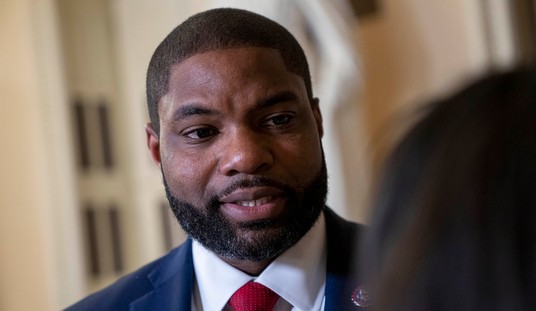
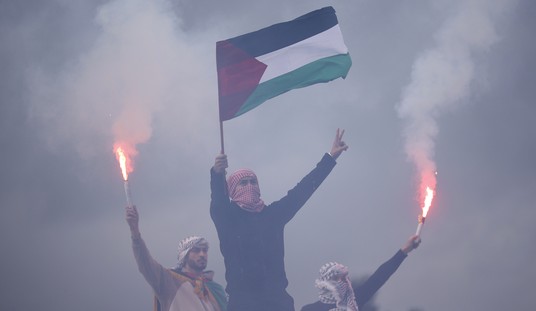
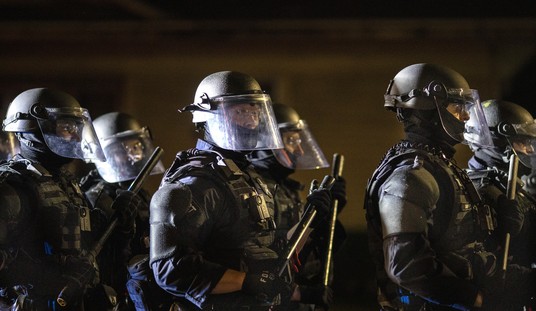
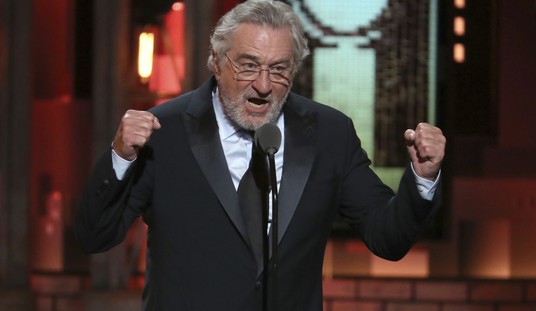



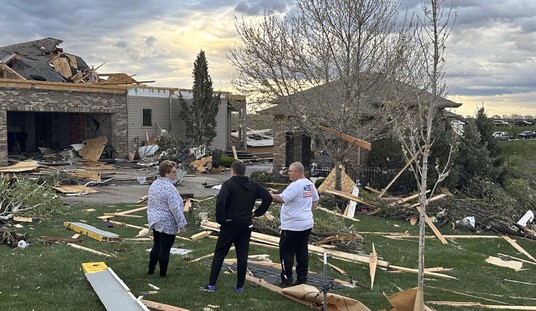
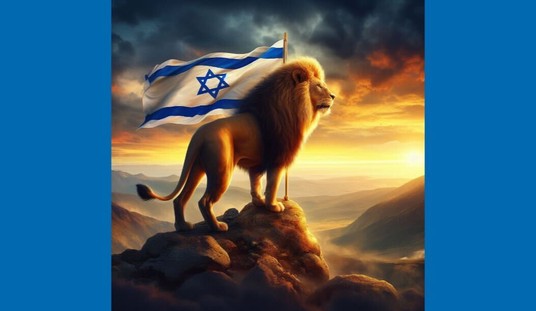
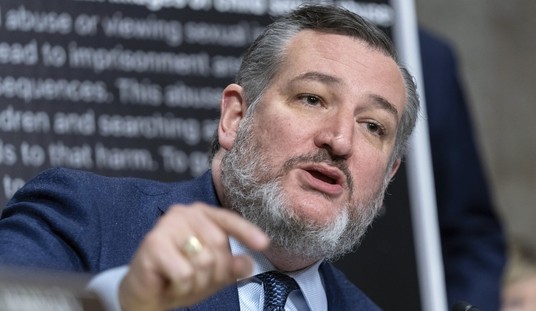
Join the conversation as a VIP Member